Show of hands—how many of you out there check your phone before you get out of bed in the morning?
Hmm… really… well, I’d like to applaud those of you being honest with me (and with yourself) right now.
I know, for a fact, the number’s about two-thirds of us. How do I know?
I consulted Willipedia.
A couple years ago, our son Will surveyed about 1000 people from my email list for a school Science Fair, and the results were both shocking and unsurprising.
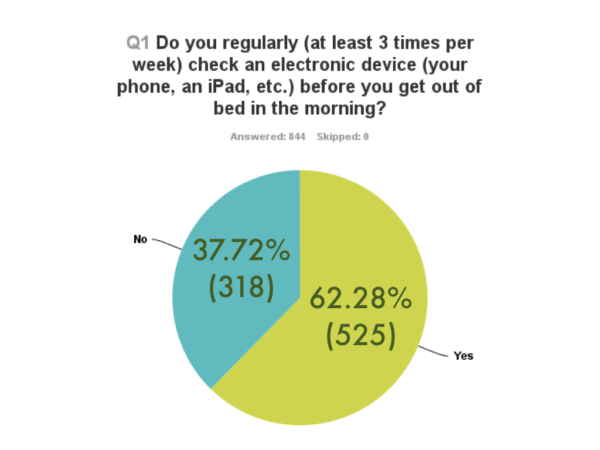
Notice, when we break it down by age, that the results skew even more the younger we are.
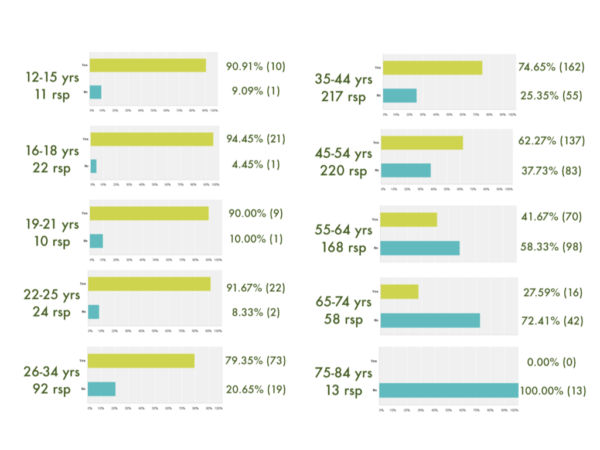
I don’t know about you, but if I let it, my phone will take over every waking moment of my day.
Thing is: We get to choose how we interact with our phones. It’s easy to forget that when app developers’ business models are built on notifying us and alerting us and finding new ways to spend more time with their apps and these phones.
If you don’t have a plan for using your phone, rest assured… they have a plan for you. In whose best interest do you believe their plan is?
I recently read a book by two of the aforementioned “them.” Jake Knapp and John Zeratsky worked for various departments in Google and YouTube and it was their job to figure out how to get you to spend just a little more time with your device.
This delightful book, Make Time, addresses these challenges and provides several solutions to live a more intentional, distraction-free life on your own terms and conditions.
Inspired by the authors and their book, I’ve spent the last month with a dumbed-down, distraction-free smartphone.
My phone is probably very similar to yours. It’s an iPhone X with a typical cellular contract and regular access to WiFi.
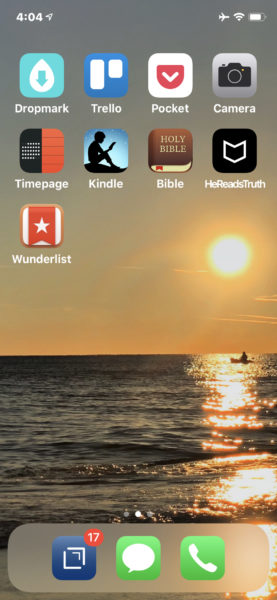
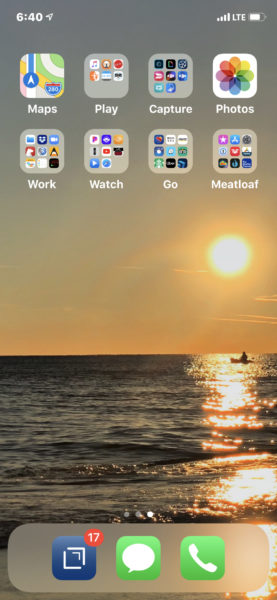
Where mine differs is that it no longer has access to:
- Social Media
- Work Apps like Basecamp
- Black holes of content (the authors refer to them as infinity pools) like Netflix or Hulu.
- News and current events (except weather).
Furthermore, it has no notifications or apps (besides weather for severe alerts) working in the background.
It has everything I need – phone, music, podcast, GPS, texting, calendar, notes, even content planning if inspiration strikes – and nothing I don’t.
Guess what’s happened to me since I deleted all the time-sucks…
I’m calmer, less twitchy, and generally a happier person.
Sure, the first few days were weird, and yes, I still spend too much time on my iPad when I’m at home (that’s next), but when I’m out with my family, when I’m in the car, when I’m anywhere, I’m present and calmer.
All I did was choose.
“But I’m too busy…”
Really? I thought I was, too. I believed there was no way I could be without all my notifications, buzzes, and dings.
And I was wrong, too, just like you.
My company knows to text me if it’s important and urgent, or to call me if it’s more nuanced than what a text can (or at least should) be suited for.
I began to realize I was sacrificing the truly important for the merely urgent and the temptation of the new.
Look here at what Will had in his Science Fair presentation:
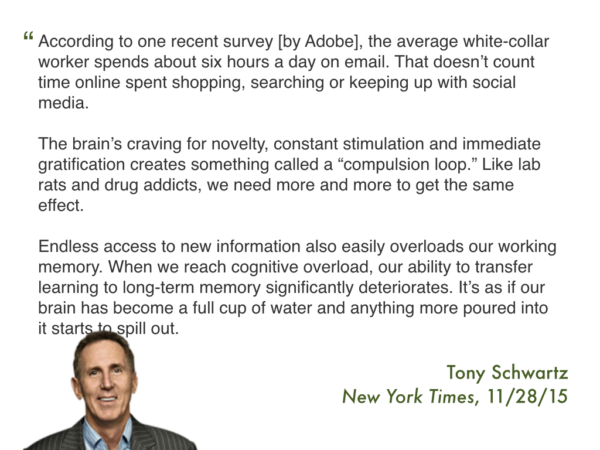
Lab rats? Drug addicts? What a peer group!
So, why not give it a try today. Turn off some stuff. Then consider turning off a little more.
You won’t die. You won’t lose your job. Google and YouTube and Netflix and Slack will be just fine without you for a few additional minutes.
Take it from Willipedia: The greatest gift you can give your company and your family today is your presence.
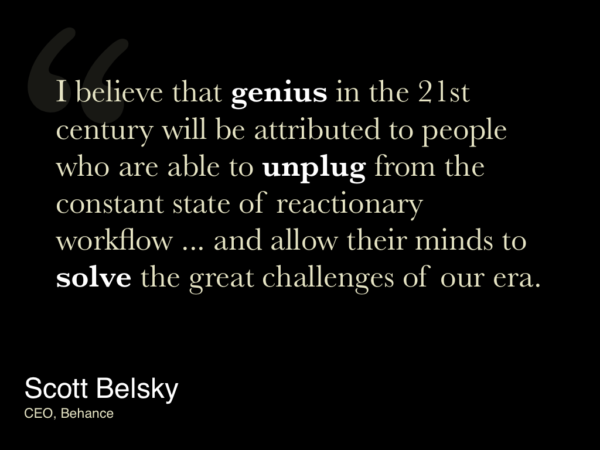
Oh, and PS—In case you think I’m some out-of-touch, old-man, get-off-my-lawn, abacus-loving, cabin-dwelling, manifesto-spouting, technology-hating altruist, I wrote this, created the images, and published it on an iPad at 32,000 feet on my way to Austin, Texas. If I’m not the biggest nerd you’ve ever met, I’m at least on your list of favorites to call when your tech stuff stops working or you want to get something new.


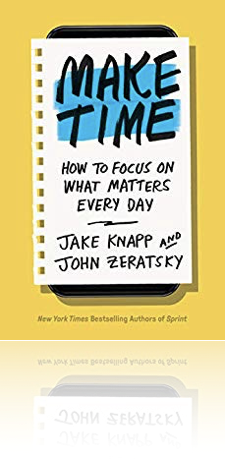
This was awesome! Thank you, and thank Will for me!